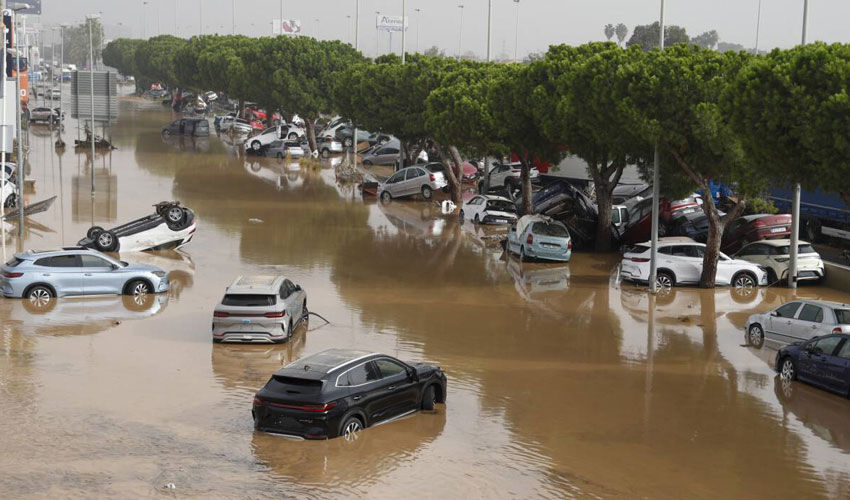
Such data is quoted by The Guardian, referring to the results of a rapid analysis by specialists from the University of Mannheim and the European Central Bank.
Such assessments are intended to make the authorities of various countries and international organizations more attentive to the “climate agenda” and urgently seek solutions to reduce the negative impact of natural disasters on the economy and the lives of citizens.
At the same time, the authors of the study emphasized that they applied a different methodology from the usual methodology for calculating economic damage as a result of natural disasters. While normally only direct effects such as destroyed assets or insurance losses are considered in such cases, the authors of the new study, in addition, also used historical relationships between extreme weather events and economic production to account for indirect effects. These are economic costs such as limited hours of work for construction workers during heat waves or traffic disruptions after floods damage railroads.
The rapid analysis showed that Cyprus, Greece, Malta and Bulgaria have been hit hardest by heatwaves and other weather anomalies this year. This is followed by other Mediterranean countries: Spain, Italy and Portugal.
The authors of the study called the estimates “conservative” because they do not include damage from the record forest fires that swept across southern Europe in August, as well as the cumulative impact of several weather disasters at the same time.
According to the European Science Center’s Joint Research Center, fires have affected nearly 440,000 hectares of the eurozone since the start of 2025, double the average for the same period since 2006.













